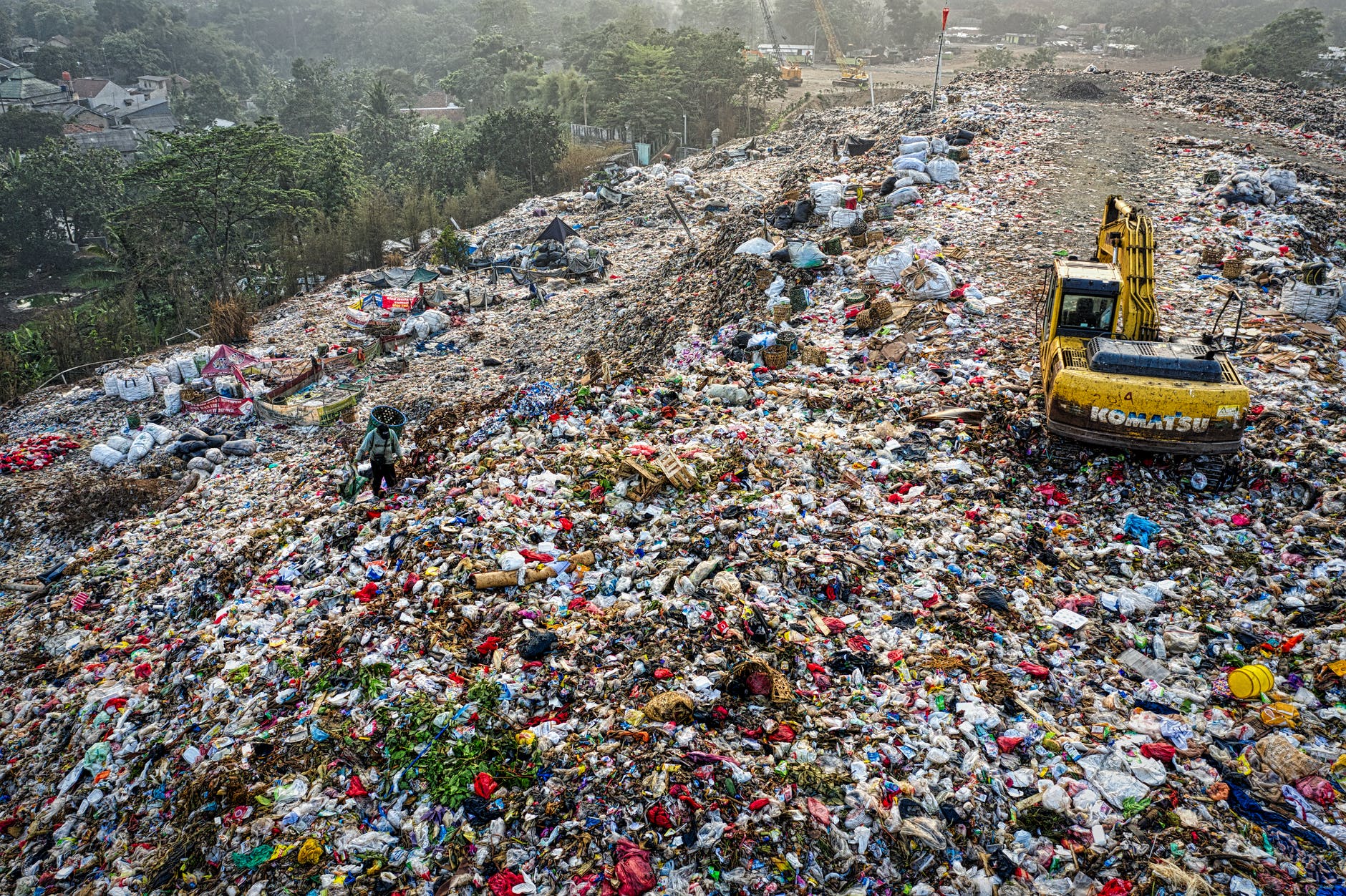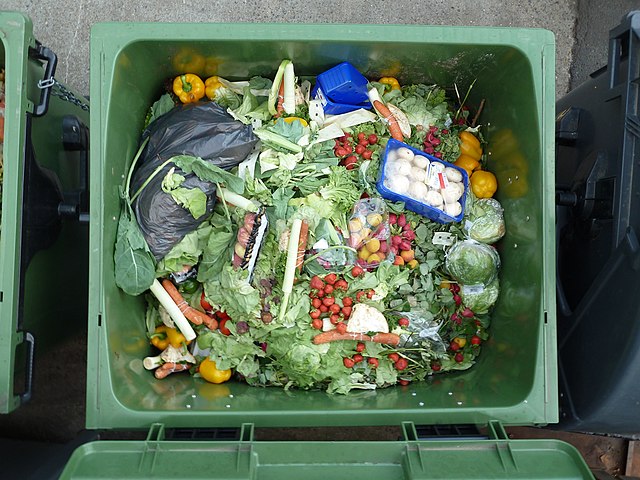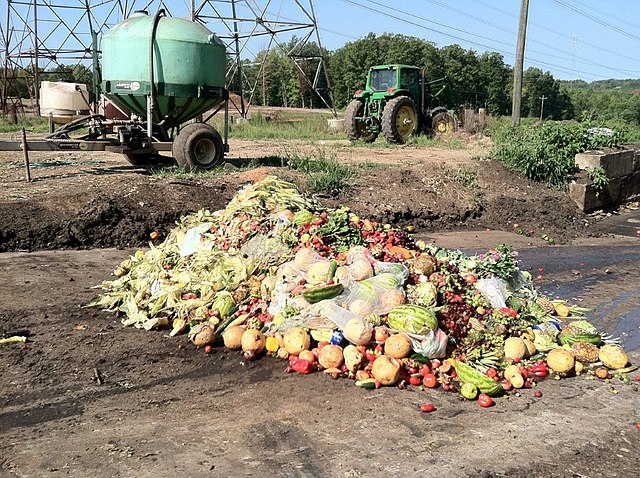How Food Waste Costs Us More Than Just Money

It’s not seen as an issue when the rest of the sandwich gets tossed into the garbage. It seems even less of a worry when the last slices of leftover pizza get tossed after occupying the fridge for the better part of a month. The fact is that waste actually costs us a lot, both financially and environmentally. Here’s how food waste costs us more than just money!
Food waste isn’t solely a consumer issue but rather a problem that infests every aspect of food production from the farm to the table. Food waste is costing us big. The U.S. wastes an estimated 40% of the food produced. That 40% equates to about 42.8 million tons of wasted food every year.
The Financial Crisis of Food Waste

The amount of wasted food is astronomical. Financially, the cost is devastating. An estimated 31% of food loss alone occurs at the consumer level. Supermarkets enforce strict standards to ensure produce sells, which accounts for a massive portion of wasted food, yet this doesn’t explain the whole story. In terms of lost product, supermarkets toss more food than needed to feed low-income and starving families.
Hungry citizens aren’t the only ones who suffer. On the whole, you could make an entire market sector from wasted food. As a 2010 study suggests, economic impact reached $161 billion. This total is more than the U.S. spends on the Department of Homeland Security and is almost as much as it spends on housing and urban development. Further, a study by William & Mary found that Americans spend more money on wasted food than household utilities, clothes, and even property tax.
Of the total financial impact of wasted food, more than 50% happens upstream during production, yield handling, and storage. These costs calculate into the expenditures such as land, water, labor, and energy. And that’s just at the source. The downstream expenses complete the total expense.
Environmental Damage from Food Waste

Food waste contributes to environmental damage through several avenues, including the consumer level. Methane is released when food is left to rot. Methane is a more potent greenhouse gas than CO2. It is estimated to contribute up to 8% of human-caused emissions. Further, our supermarkets make up a considerable percentage of wasted food because produce and meats get trashed in response to rigid policy.
The environmental impact starts at the production source. Land destruction for farming is the initial cause. Clearing land decreases biodiversity, leading to underproduction of the land farmed. In addition to the cost of land, the water usage is astounding. Each time a pound of beef meets the trash, an estimated 25,000 liters of water go with it. That glass of milk that sent down the drain? More than 1,000 liters of water went with it.
While no one wants to give up driving, we all want to give up wasting money and food! Remember that 42.8 million tons of food that gets wasted annually? The amount of greenhouse gasses that we would eliminate by reducing food waste is the same as removing 32.6 million cars from the roads.
How to Reduce Your Food Waste

Reducing food waste saves you money. In fact, by reducing food waste, the average person can save an average of $1,300 per year. An amount everyone could stand to have back in the wallet. It all starts with minor changes.
Plan Your Meals
Meal planning means drafting a menu and strictly shopping for the ingredients required. Impulse shopping leads to wasted food, and so does an unplanned grocery trip.
When searching for ingredients, “ugly” items are just as good, provided they haven’t already gone bad. By purchasing blemished components, not only are you helping reduce potential waste, but you set a precedent that should aid in standard practice.
Store and Use Food Properly
Using a first in, first out system helps rotate older food in front of new, so nothing is wasted through an unorganized pantry. Be sure to store items properly; some belong in the fridge, others need to stay in a dark cabinet.
Storing food is more than the fridge and pantry. A vacuum sealer extends the life of fresh ingredients, and if put in the freezer, many items can last for six months or longer!
Eat Your Leftovers
Fresh food is exciting, but not enjoying a meal a second or third time around leads to wasted food and money in the trash. When dining out, be sure to take a box and make it a point to finish everything!
Many leftovers can play double-duty and act as an ingredient for something new. You can make meats into stews and chilies. Similarly, you can repurpose veggies into pot pies or stir-fry. Further, you can use even fruits in smoothies for a great breakfast alternative.
Share Uneaten or About to Expire Food
Hungry mouths are always eager for donations. Donating food is a great way to make sure uneaten or almost expired food goes to good use and not to the bin.
Sharing uneaten food isn’t just good for the soul either; it is even a tax break. Therefore, sharing food that is about to rot is actually beneficial in the long run! The government looks to reward this type of charitable behavior!
Final Thoughts on How Food Waste Costs Us More Than Just Money

Food waste is an aspect of life that many take for granted. In reality, this ignorance is costing us upwards of $200 billion a year. The financial impacts alone are a burden for every person living on Earth. While food rots in landfills, low-income and starving families continue to struggle.
Production, shipping, and storage contribute to additional costs, all for products that will end up in the trash. 50% of the problem occurs at the consumer level adding to the burden on finances worldwide. Just as important, that useless food production significantly damages our planet.
As the focus of the 21st century continues to be the changing climate and its impacts on daily life, wasted food is almost an afterthought. Wasted food further adds to the costs climate change is incurring. Everyone can take hope and action today to make a lasting difference despite the doom and gloom!